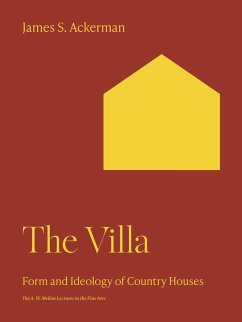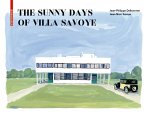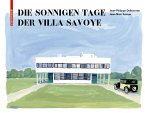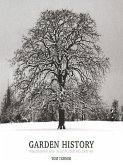A classic account of the villa-from ancient Rome to the twentieth century-by "the preeminent American scholar of Italian Renaissance architecture" (Architect's Newspaper)
In The Villa, James Ackerman explores villa building in the West from ancient Rome to twentieth-century France and America. In this wide-ranging book, he illuminates such topics as the early villas of the Medici, the rise of the Palladian villa in England, and the modern villas of Frank Lloyd Wright and Le Corbusier. Ackerman uses the phenomenon of the "country place" as a focus for examining the relationships between urban and rural life, between building and the natural environment, and between architectural design and social, cultural, economic, and political forces. "The villa," he reminds us, "accommodates a fantasy which is impervious to reality." As city dwellers idealized country life, the villa, unlike the farmhouse, became associated with pleasure and asserted its modernity and status as a product of the architect's imagination.
In The Villa, James Ackerman explores villa building in the West from ancient Rome to twentieth-century France and America. In this wide-ranging book, he illuminates such topics as the early villas of the Medici, the rise of the Palladian villa in England, and the modern villas of Frank Lloyd Wright and Le Corbusier. Ackerman uses the phenomenon of the "country place" as a focus for examining the relationships between urban and rural life, between building and the natural environment, and between architectural design and social, cultural, economic, and political forces. "The villa," he reminds us, "accommodates a fantasy which is impervious to reality." As city dwellers idealized country life, the villa, unlike the farmhouse, became associated with pleasure and asserted its modernity and status as a product of the architect's imagination.
Dieser Download kann aus rechtlichen Gründen nur mit Rechnungsadresse in A, D ausgeliefert werden.









